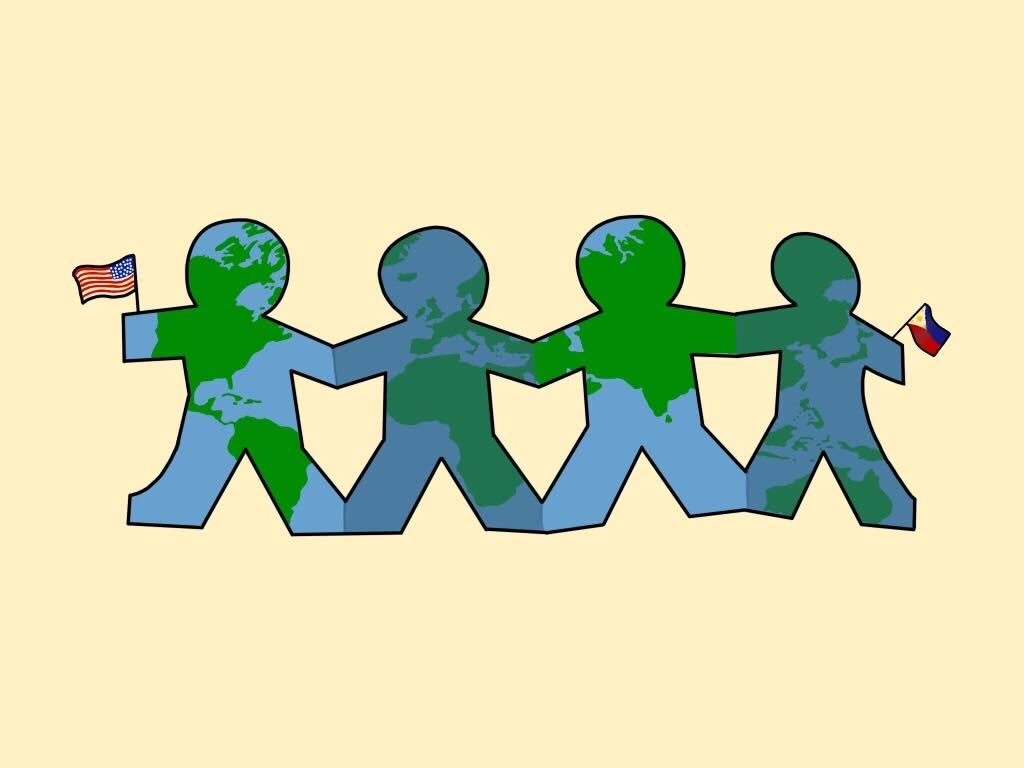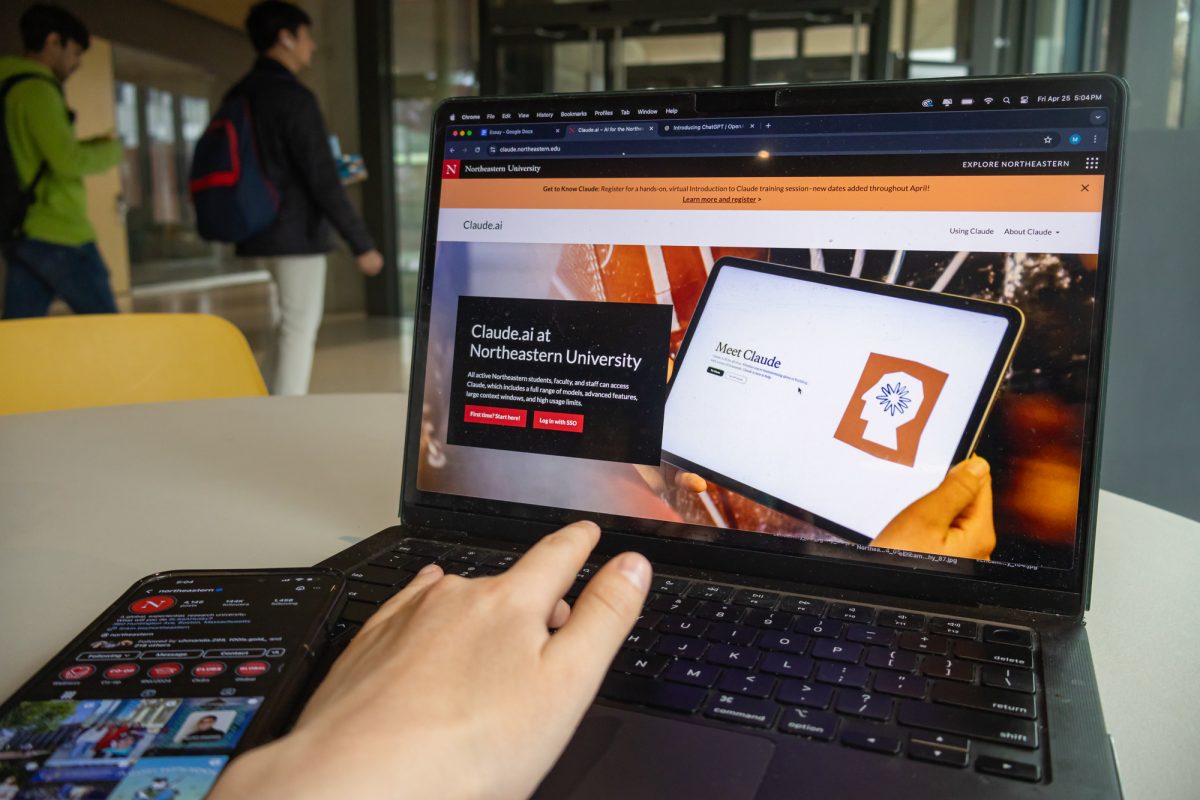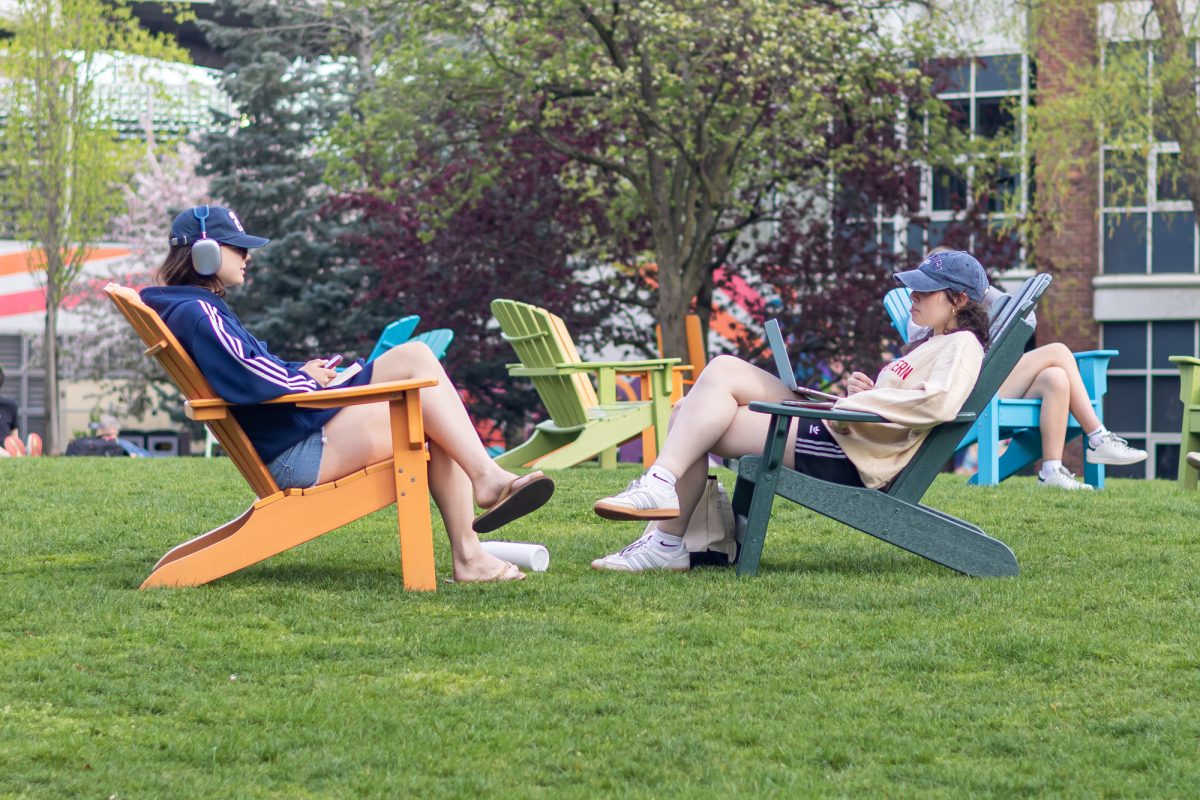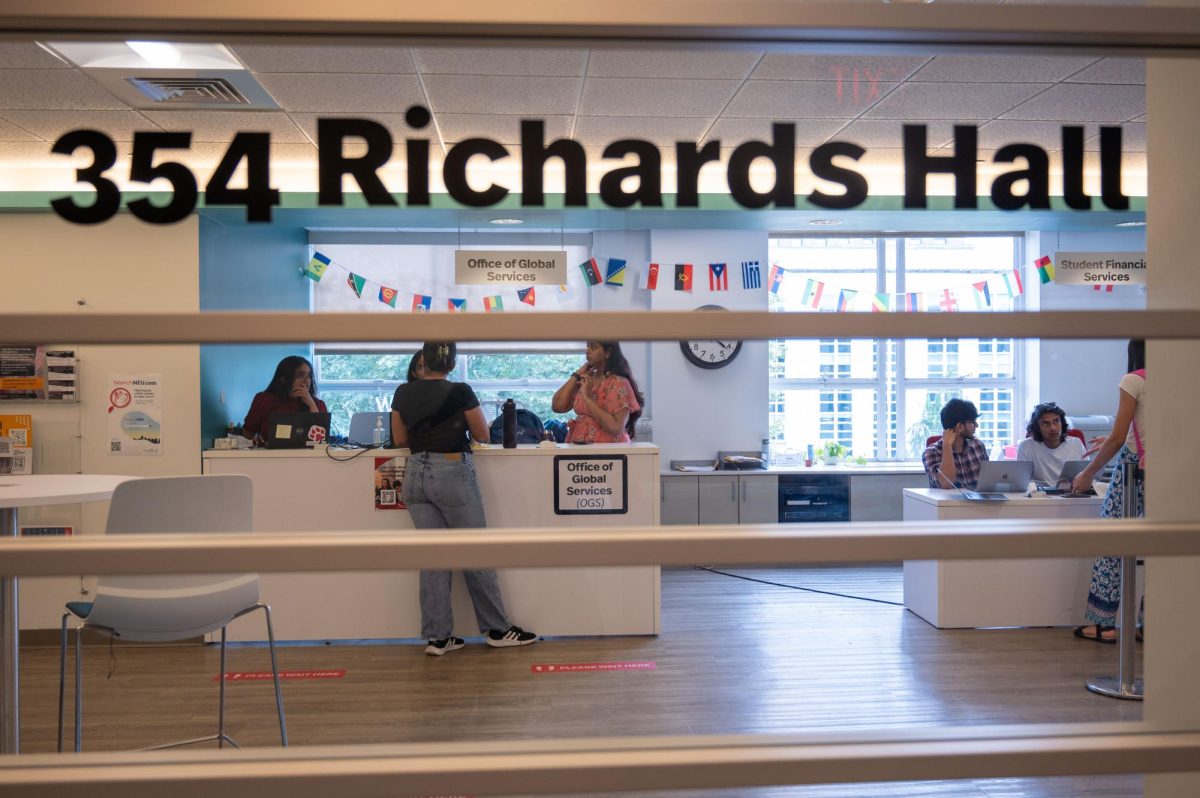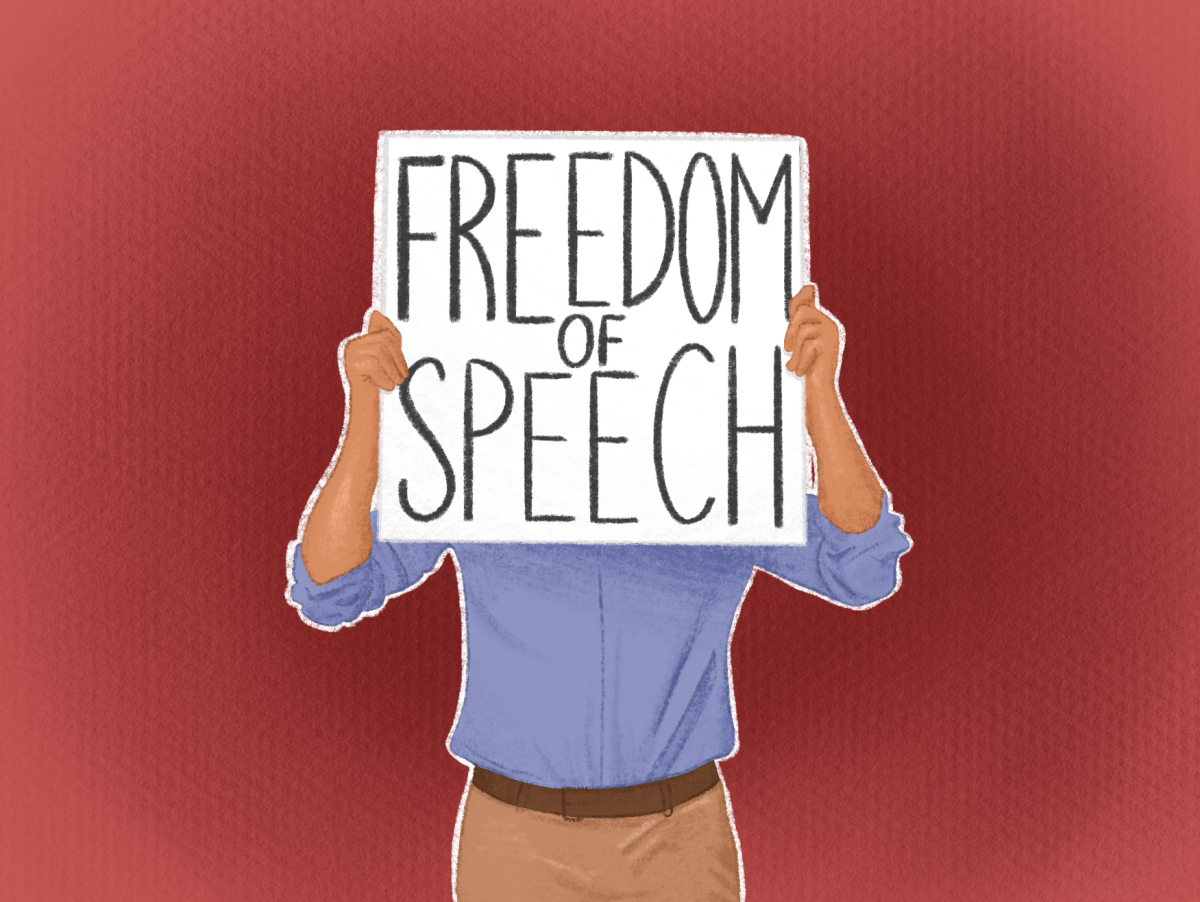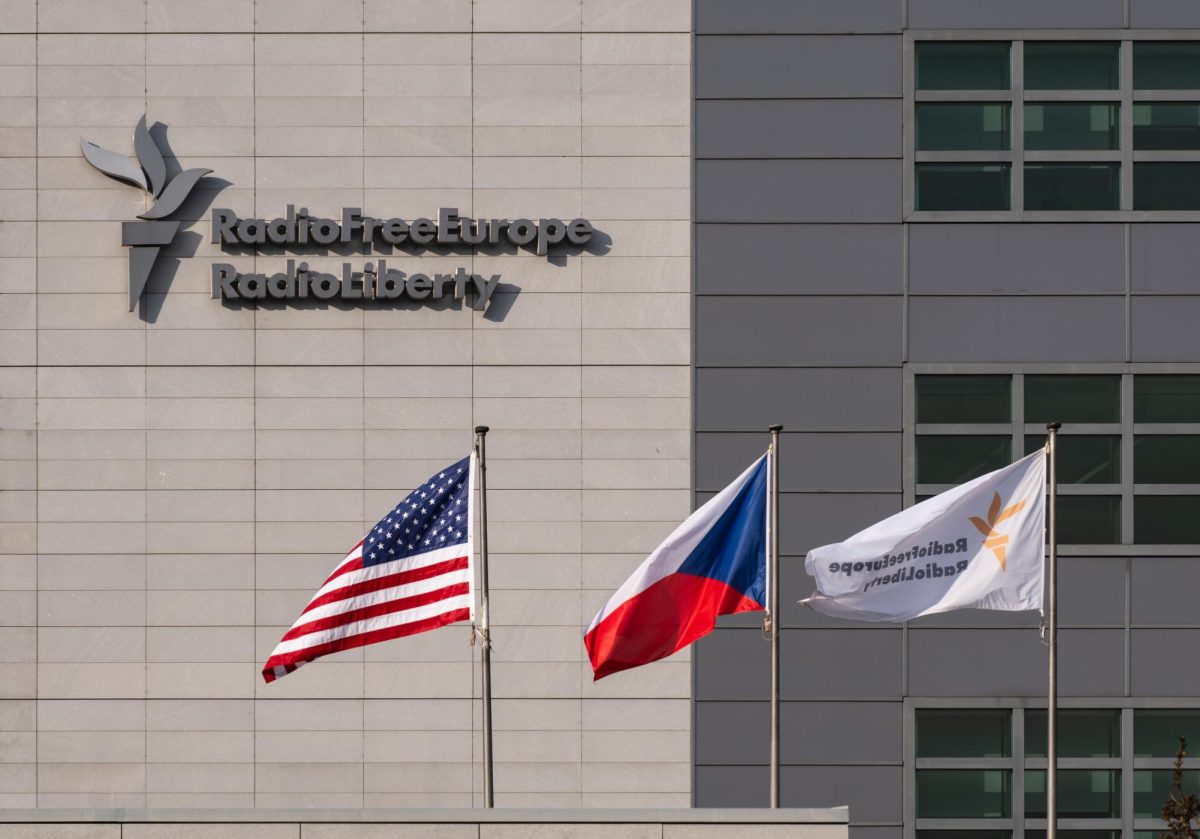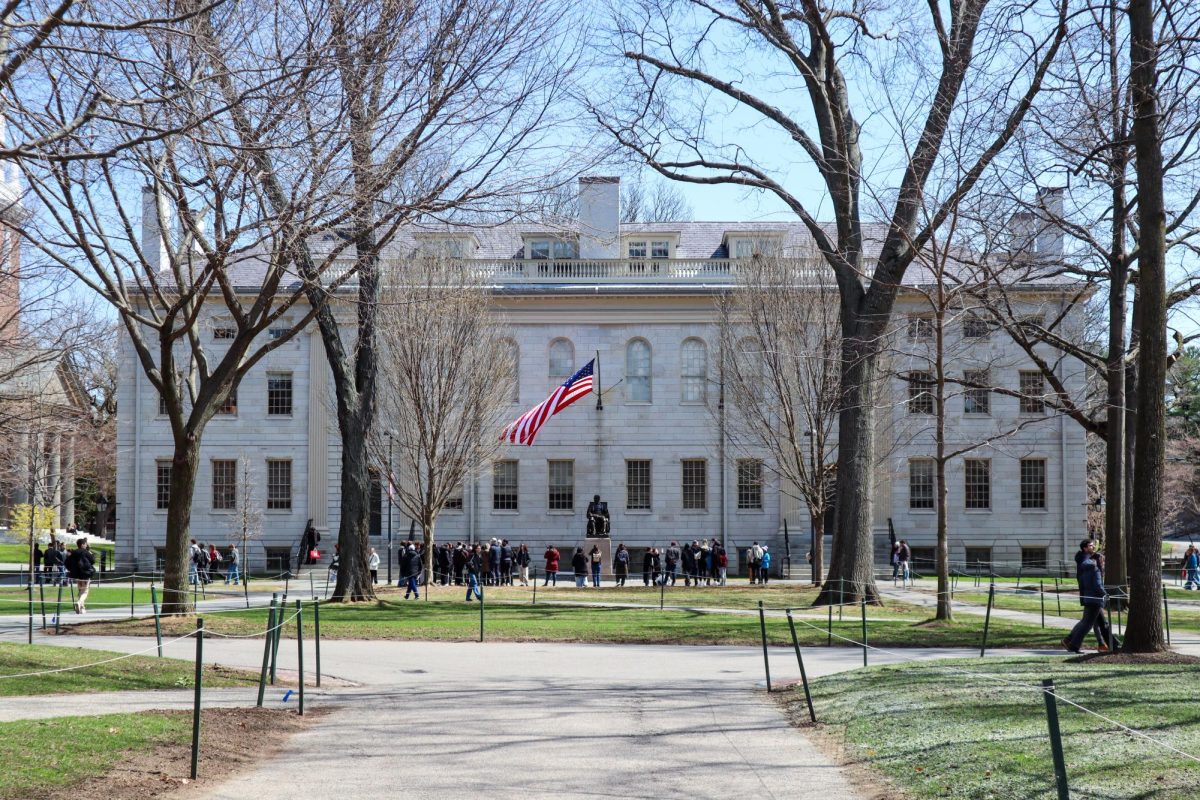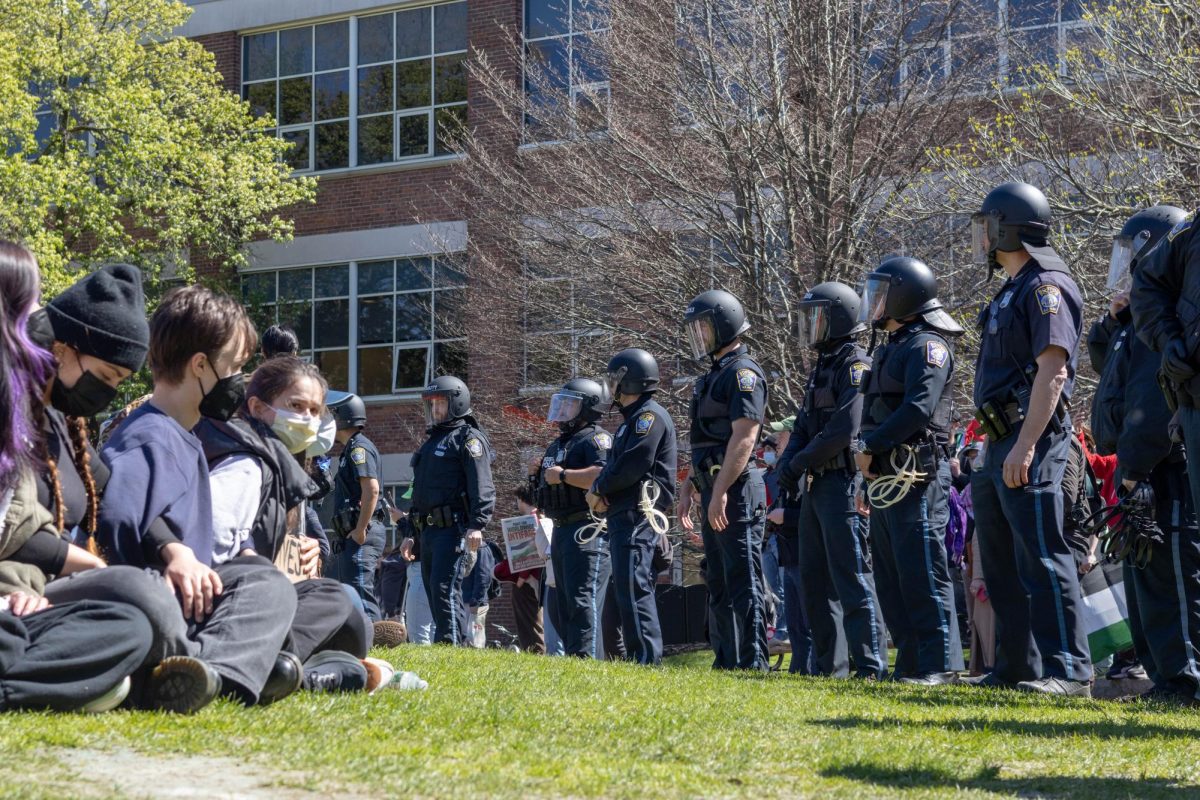This summer, I will get the chance to reunite with my family in the Philippines after not seeing them for nearly three years.
While I am slightly intimidated by the prospect of being cramped with family members continuously for 30 days, these past few years of blissful independence in college have revitalized my gratefulness for my overseas relationships.
I seldom get to interact with family members outside those in my own home. On my paternal side, I have members scattered across California, New Jersey and Florida, but due to personal reasons, I have not seen any of them for a long time. My interactions with them are diminished to Instagram direct messages once in a blue moon. Meanwhile, the entirety of my maternal side is in the Philippines except one of my aunts. She was granted a visa to teach in Albuquerque, New Mexico, but unfortunately cannot spend too much time with us. The abundant amount of time I spend worlds away from my other family makes me more apprehensive about my vacation in June.
However, I often remind myself of the reassurance I felt when I visited them three years ago. At first glance, the United States and the Philippines seem like two completely different nations. Both have different poverty rates, levels of government corruption, levels of education, cultural customs, adherence to Christianity — the list goes on.
But there are many little things that my cousins and I share. Loving Taylor Swift. Obsessing over Genshin Impact. Facing the struggles of being Filipino. Even seemingly mundane commonalities, such as being embarrassed over awkward social situations, feeling uncomfortably cold and wanting better things, remind me of the common ground that I share with them. These similarities reinforce that I am not so different from my cousins, despite the physical distance between us.
A study conducted by a team of researchers published in the Journal of Personality across 62 countries highlights the beautiful universality of humanity. It found that while people in the same nations were more different than anticipated, people in different nations were more similar than expected. While it is important to acknowledge our common ground, I am in no way stating that we should be blind to our differences due to the implications of doing so. Appreciating what makes us unique is vital to staying true to who we are, harboring our talents and boosting our self-esteem. Yet, we should not neglect the inherent similarities we share that make us human, even to those millions of kilometers away.
I do not want to let distance deter me from the potential for my relationships with them to thrive. After all, they are my family too. My relationships with my Filipino cousins not only emphasize our similarities despite the different environments we had grown up in but also my privilege. As implied before, my mother is the only one of my maternal grandparents’ children who resides in the United States with her own family. I have never resided in the Philippines for more than a year, and even then I was only two years old, way too young to remember or register what was going on.
For many reasons, sometimes I wish I had grown up in the Philippines. When I meet with other Filipinos both young and old, I feel ashamed when they ask me why I cannot speak Tagalog. I wish I could converse with them about more “deep-cut” Filipino cuisines, celebrities and songs. Sometimes I feel like in the eyes of my family, I am a lazy, unhealthy and dumb American who does not understand the real meaning of hard work — for living in the Philippines is hard.
I have grown up with a strong dissonance between my Filipino and American identity, exacerbated by the strong patriotism of Pinoy Pride I felt pressured to carry. The only way I could connect with my culture was by adopting it on my own terms. I do not let being Filipino define me. I pay tribute to Filipino customs to honor the legacy of my ancestors how I want to. I am not proud to be Filipino just to satisfy my parents or my Filipino American peers. I could only fully embrace being Filipino by ridding myself of the idea that there was a “right” way to being Filipino and that some ways are too “American.” Only through intrinsic motivation can we fully embrace our cultural backgrounds.
I am lucky to not live in a developing nation where I would make 86.8% less money, be 19.9% more likely to live below the poverty line, be 42.4% less likely to have Internet access and live less by 10.5 years. I am inspired by the strength my family in the Philippines musters despite the tribulations they experience. During my sophomore year, my maternal grandfather passed away, but I could not physically mourn with my family in the Philippines for a full year. Recently, my grandmother called my mom to discuss an encounter with an intruder who tried to rob her home while she was alone.
While living in the United States comes with its own problems, spending time with my overseas relatives and hearing about issues they face helps me reevaluate my privilege, the significance of my problems in relation to theirs and ultimately what is most important in my life. This is why it is important for me to re-evaluate my privilege as a child in an immigrant family. The struggles people of immigrant families face in America are completely valid. Yet, we should appreciate any privilege we are fortunate to have compared to our predecessors. Pay homage to your ancestors and recognize the insurmountable tribulations they faced to give you your opportunities. I would never be here if my paternal grandfather never escaped China as a missionary during the reign of Mao Zedong. But also remember to enjoy your life and indulge in the opportunities you have been graced with.
I completely resonate with how not everyone has a perfect relationship with their families. I love being Filipino, but there are many aspects of my cultural identity that I absolutely despise. I hate constantly being nitpicked about my physique despite our culture’s emphasis on food, the suffocating emphasis on achieving high grades at the expense of time for myself and others and how my achievements are used by my family as bragging rights, among many other things. I know I will have to face these difficulties when June comes, and I will loathe them.
However, I am touched by seeing new generations of people choosing to separate their identities from that of their culture. People who recognize the shortcomings of traditional thought and address them to love themselves more. People like my cousins, who will forever be an important part of my life, even if distance threatens that from staying true. If you can and if you won’t be negatively impacted, stay in touch with your long-distance family, for allowing your empathy to broaden will only reward both you and your loved ones.
Jethro R. Lee is a fourth-year data science and psychology combined major. He can be reached at lee.jet@northeastern.edu.



